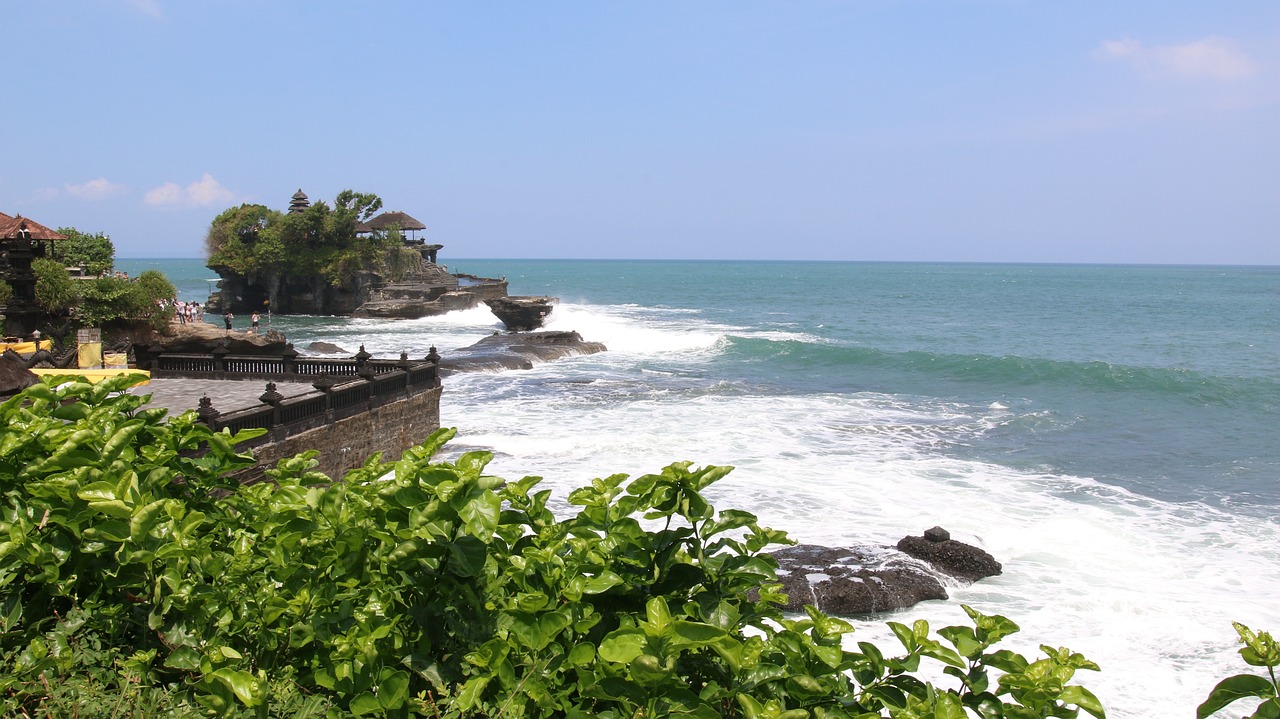Safety Tips for Remote Workers in Indonesia
Remote work has become increasingly popular in recent years, offering individuals the flexibility to work from anywhere, including Indonesia. While remote work provides numerous benefits, it’s crucial for remote workers to prioritize their safety and well-being. This article will provide you with essential safety tips to ensure a secure and productive remote working experience in Indonesia.
Understanding the Local Environment
To ensure your safety as a remote worker in Indonesia, it’s crucial to understand the local environment and any potential risks. Familiarize yourself with the specific area you’ll be working in, including the local culture, customs, and laws. Research the safety reputation of the neighborhood and be aware of any potential hazards or security concerns.
- Research local laws and regulations: Familiarize yourself with the laws and regulations of Indonesia to avoid any legal issues. Pay special attention to the local labor laws and tax requirements.
- Learn about cultural norms: Understanding the local customs and cultural norms can help you navigate social interactions and avoid unintentional offenses.
- Stay informed about current events: Keep up-to-date with local news and events to stay informed about any potential safety concerns or disruptions.
- Identify emergency services: Know the local emergency numbers and the location of nearby hospitals, police stations, and embassies.
Securing Your Physical Workspace
Creating a safe and secure physical workspace is essential for remote workers in Indonesia. By following these tips, you can enhance your personal safety and protect your equipment.
- Choose a secure location: Select a workspace that is well-lit and in a safe area. Avoid working in isolated or high-crime areas.
- Secure your belongings: Use locks or other security measures to protect your equipment and personal belongings.
- Be cautious with strangers: Avoid sharing personal information or inviting strangers into your workspace.
- Backup your data: Regularly backup your work data to prevent loss in case of theft or equipment failure.
Protecting Your Online Security
As a remote worker, your online security is of utmost importance. Follow these tips to protect your personal and professional information while working remotely in Indonesia.
- Use strong and unique passwords: Create strong passwords for all your online accounts and avoid using the same password for multiple platforms.
- Enable two-factor authentication: Add an extra layer of security to your accounts by enabling two-factor authentication whenever available.
- Use a virtual private network (VPN): Utilize a VPN to encrypt your internet connection and protect your data from potential intruders.
- Beware of phishing scams: Be cautious of suspicious emails, messages, or websites that may attempt to steal your personal information.
Maintaining Personal Safety
While working remotely in Indonesia, it’s essential to prioritize your personal safety and well-being. Follow these tips to ensure a safe and comfortable experience.
- Inform someone of your whereabouts: Let a trusted friend or family member know your location and work schedule.
- Stay connected: Maintain regular communication with colleagues, friends, or family members to stay connected and ensure someone is aware of your activities.
- Be cautious of public Wi-Fi: Avoid using public Wi-Fi networks for sensitive work-related activities. If necessary, use a VPN to secure your connection.
- Trust your instincts: If you feel uncomfortable or unsafe in a particular situation, trust your instincts and remove yourself from it.
Responding to Emergencies
Despite taking precautions, emergencies can still occur. Knowing how to respond in such situations is crucial for your safety.
- Follow local emergency procedures: Familiarize yourself with the local emergency procedures and protocols in case of natural disasters, medical emergencies, or other urgent situations.
- Keep emergency supplies: Have essential emergency supplies, such as a first aid kit, flashlight, and non-perishable food, readily available.
- Register with your embassy: If you’re a foreign national, consider registering with your embassy for assistance and updates in case of emergencies.
Indonesia Image 1:

Staying Healthy
Maintaining good health is vital for remote workers in Indonesia. Follow these tips to ensure your physical and mental well-being.
- Adopt a healthy routine: Establish a regular sleep schedule, exercise routine, and healthy eating habits to maintain your overall well-being.
- Take regular breaks: Avoid excessive screen time by taking regular breaks to rest your eyes and stretch your body.
- Stay hydrated: Drink plenty of water throughout the day to stay hydrated, especially in Indonesia’s tropical climate.
- Seek support: Reach out to local support groups or online communities for remote workers to connect with others facing similar challenges.
Indonesia Image 2:

Building a Supportive Network
Creating a supportive network can enhance your remote working experience in Indonesia. Consider these tips to build connections and foster a sense of community.
- Attend networking events: Participate in local networking events or professional meetups to meet other remote workers or professionals in your field.
- Join online communities: Engage in online communities or forums dedicated to remote work to connect with fellow remote workers and share experiences.
- Collaborate with local professionals: Seek opportunities to collaborate with local professionals or businesses to expand your network and enhance your work opportunities.
Indonesia Image 3:

Conclusion
By following these safety tips, remote workers in Indonesia can ensure a secure and productive work experience. Prioritize your personal safety, protect your online security, and stay informed about the local environment. Remember to maintain a healthy work-life balance and build a supportive network to enhance your overall remote working experience.
References
– Ministry of Tourism and Creative Economy: www.kemenparekraf.go.id
– Indonesian Ministry of Law and Human Rights: www.kemenkumham.go.id
– Indonesian National Police: www.polri.go.id
– U.S. Department of State – Indonesia: travel.state.gov/Indonesia

